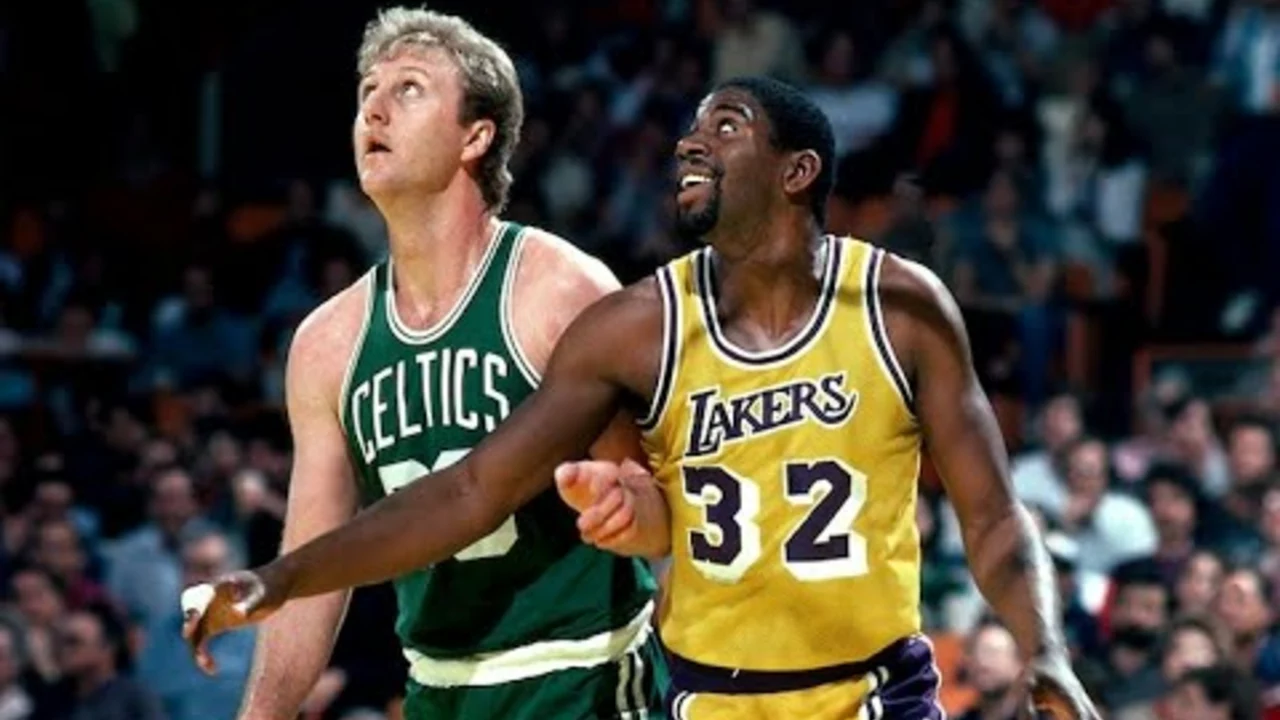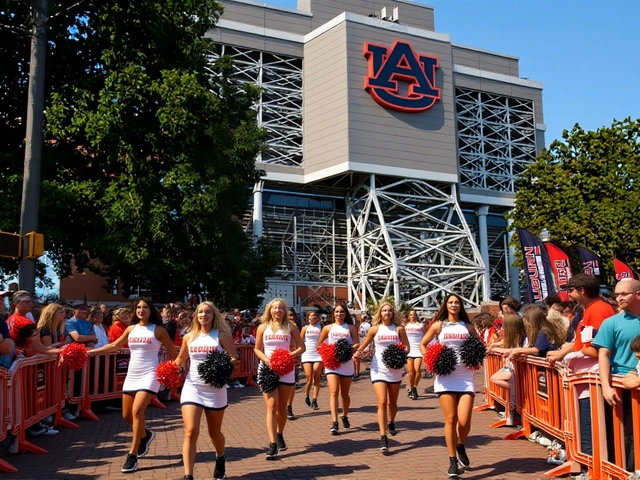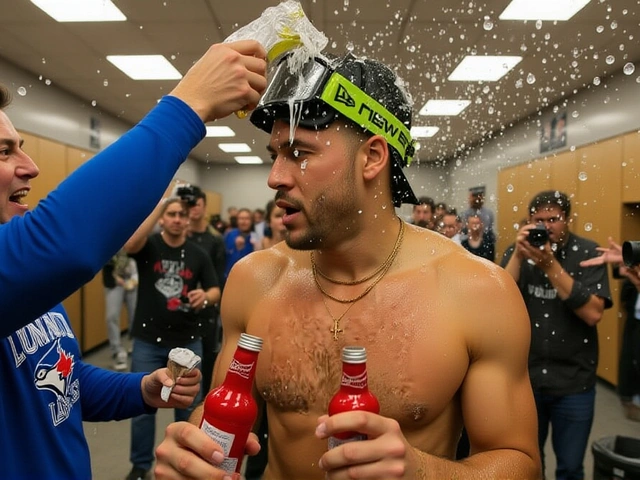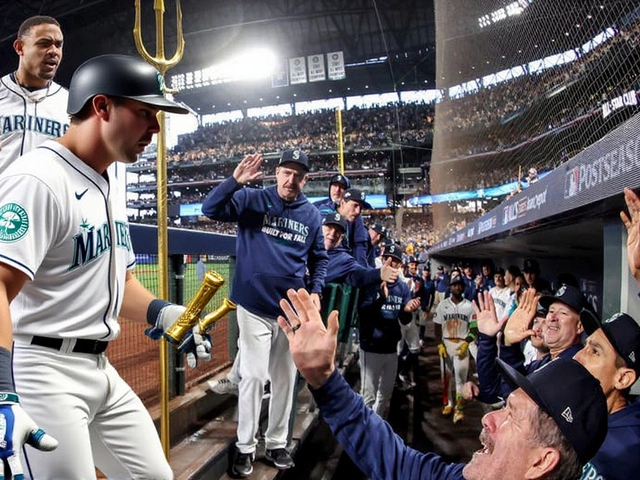Sports Rivalry – The Heartbeat of Every Game
Ever wonder why a single game can feel like a whole season of drama? That’s the power of a sports rivalry. It’s more than just two teams facing off; it’s history, pride, and a fierce desire to be better than the other side. When rivalries spark, fans pack stadiums, socials explode, and every play feels personal.
Take the Manchester derby, for example. It’s not just a football match; it’s a city‑wide showdown that even crossed over into boxing when British champion Ricky Hatton, a lifelong City fan, was honored before a derby game. The whole city felt the tension, the respect, and the shared grief. That’s how a rivalry can stretch beyond its sport and touch a whole community.
What Makes a Rivalry Tick?
First, there’s history. Years of close contests, controversial calls, or a dramatic title chase build a story that fans can retell over and over. Second, geography matters. When two clubs share a town or region, like the Jets and Steelers rivalry that hits the northeast every season, proximity fuels bragging rights. Third, the personalities involved—coaches, players, even managers—add drama. When Jürgen Klopp announced his emotional farewell at Anfield, the Liverpool fans felt a mix of celebration and loss that amplified the club’s rivalry with other Premier League giants.
Another key factor is the emotional payoff. Fans love the thrill of unpredictable moments—think of a sudden penalty, a last‑second goal, or a knockout punch. That excitement turns a regular game into a memory that lasts a lifetime.
Iconic Rivalries You Can’t Miss
Here are a few matchups that define the word “rivalry.”
Manchester Derby (Manchester City vs. Manchester United): A clash of city pride, historic titles, and passionate fans. The rivalry spikes every season, and even non‑football events, like Hatton’s tribute, show its reach.
Jets vs. Steelers (NFL): A battle of grit and discipline. When Aaron Glenn warned the Jets about discipline after a bruising debut, it highlighted how preparation and mindset fuel intense rivalries.
Liverpool vs. Manchester United: Two English giants with decades of battles for league crowns and European glory. Klopp’s final game at Anfield added another chapter to the story.
College Football Conferences (SEC vs. Big Ten): Fans argue which conference is the best, and each game feels like a test of regional superiority. The debate itself fuels the rivalry culture across campuses.
These examples show that rivalries aren’t just about who wins; they’re about why we watch. They give us a reason to wear a jersey, chant a chant, and feel a surge of adrenaline that only a contested moment can give.
If you’re new to rivalries, start by picking one that matches your sport interest. Follow the teams on social media, watch classic games, and notice how commentators talk about the history. You’ll soon see why a rivalry can turn a casual viewer into a lifelong fan.
Remember, a great rivalry thrives on competition, community, and a story that keeps getting written. So next time you hear a game being called a “rivalry,” you’ll know there’s a whole world of drama waiting behind those words.





